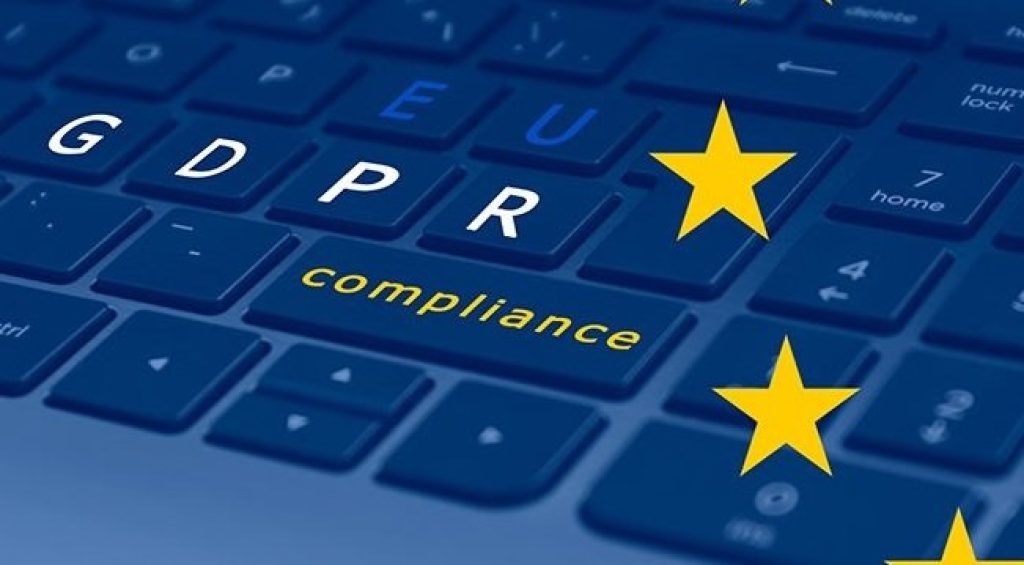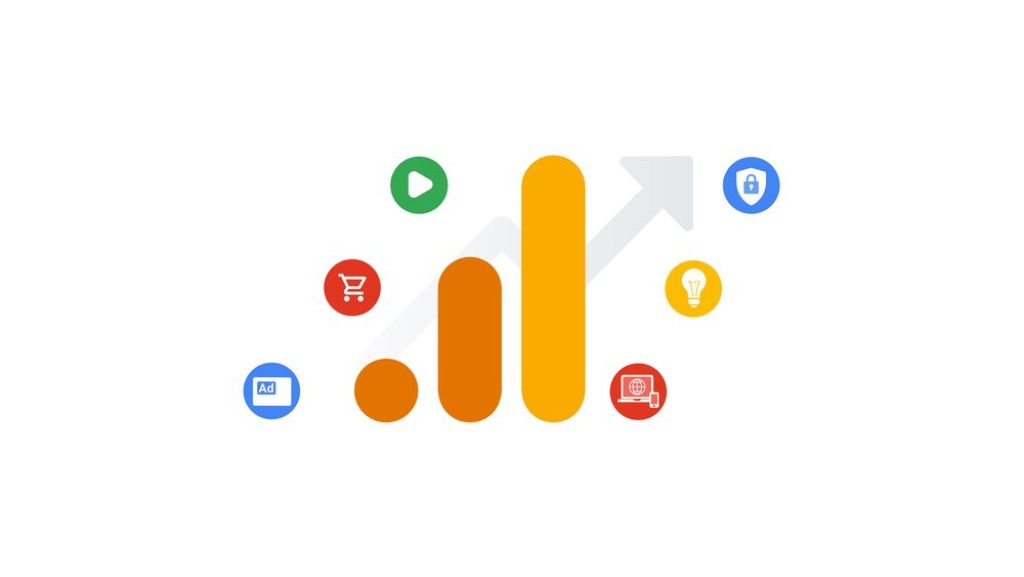What Does GA Being Banned in France Mean For The Rest Of Europe?
And Our Top Recommendations For Data Analytics For Your Website
Technology permeates all aspects of our lives, so keeping your data private can be difficult and confusing, but The Gadget Nerds have your back!
Google Analytics is a prevalent website tool that has been used by upwards of 4.8 million businesses, including giants like Uber, Airbnb, and Google. It is free for businesses to use and collects data on users, to help with marketing strategies mostly. Data such as how users engage with the website and information about their devices is tracked to help businesses offer a better online experience. However, Google Analytics might not be as innocuous as it seems. Austria recently banned the continued use of analytics because it violated GDPR (General Data Protection Regulation). Austria deemed the legal framework to no longer be effective in protecting users’ personal data when data transfer occurred between the US and EEA. France then followed suit by demanding three French websites change their GDPR to comply with EU law.
Image source: securitynewspaper.com
According to a renowned law firm Browne Jacobson, analytics is the “business-critical” ability to effectively analyze and utilize users’ data, and without it, businesses may not succeed. They note that the legal landscape is largely shaped by EU and international legislation, but that public concern has grown recently with how personal information is being processed. For businesses the cost of falling fowl of GDPR laws is high with monetary and reputational repercussions. Therefore, businesses in Austria will now be scrambling to transfer their data analysis systems and all industries will be hugely affected. All industries use technology to some degree and would be impacted by measures like banning Google Analytics.
What if every country in Europe goes on to ban Google Analytics?
Going forward it seems somewhat unlikely that Google Analytics will become illegal in every European country. Firstly, a huge disruption of Google-based e-commerce between the U.S and Europe would occur, and many businesses would ultimately fail on both sides. An outright ban would also take a long time to draft, roll out, and then enforce. Ultimately, it costs too much in lost revenue to the economy and too much to implement and enforce for most governments to consider.
What should I do going forward?
Browne Jacobson suggests that GDPR laws mean members of the public can request to see the personal data held on them by businesses, by asking for a subject access request (SAR). A SAR can help you see how a business is processing your data.
On the other hand, businesses must balance their responsibility to follow GDPR and uphold individual’s rights with the wish to protect the personal data of themselves or third parties. Some law firms will actually guide you through the whole process of SARs.
Image source: blog.google
How can I protect my privacy and data online?
Here are our top tips for protecting yourself online!
1. Don’t always press the green button.
When you’re scrolling online you may notice sites asking for permission to use cookies. You don’t always have to press the big green accept button, because by law there has to be an option to restrict these little trackers. You can usually restrict the cookies and still browse the website normally.
2. Get a VPN.
VPN’s, or (Virtual Private Networks) are not just for hackers and movie villains! They can be used to protect your identity online whoever you are, and many come with built-in ad-blockers and security features for your device.
3. Always Update!
No one likes waiting, but updates are super important for your security! Without regular updates, your devices will become more prone to bugs and viruses which could breach all the personal details stored on your device. You can set updates to be automatic or scheduled for your convenience.
4. Don’t forget your mobile!
So many of us rigorously update our desktops and laptops, but completely forget our phones. Your mobile phone probably has more personal data on it than anything else, from banking apps to map features, your mobile is just as important to keep secure. That means updates and some good anti-virus software!
5. Use common sense.
Don’t click the lotto-winner banner in your junk mail, don’t reply to the prince who needs to wire you $3000, and don’t write down your passwords. These data security tactics are ingrained in most of us nowadays and fraudsters have become more sophisticated. To detect fraudulent emails, you can click the sender’s name to view their email, if it is one you don’t recognize, bin it. Forgetting passwords is, for now, an enduring issue but still don’t write them down!




